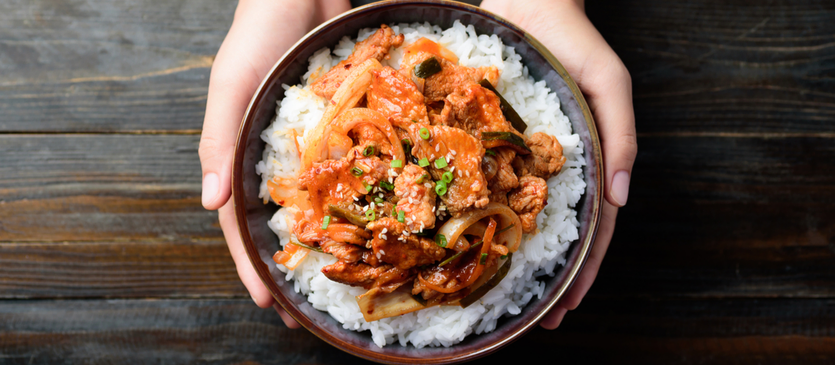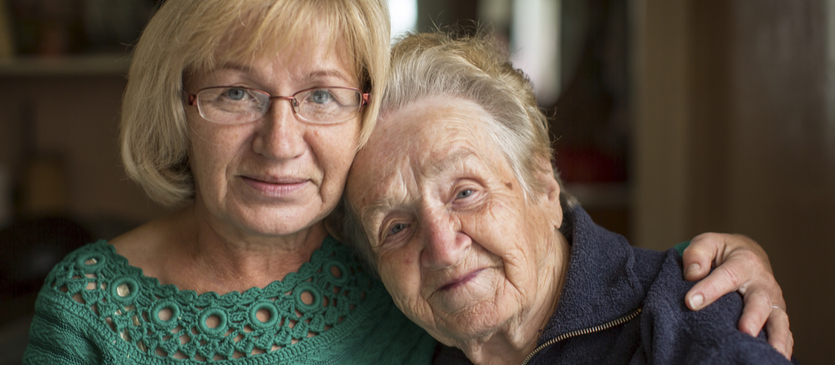We all know the conventional diet wisdom – eat more of the good stuff like vegetables and nutritious wholefoods; less of the bad stuff like processed junk food – and your waistline will thank you for it.
New, emerging wisdom from Australian experts suggests a healthy diet of plenty of green leafy vegetables, whole grains, olive oil and small amounts of red meat helps keep the ageing brain sharp and equally as grateful.
A MIND-ful diet improves brain function
Researchers at the University of New South Wales have found a new diet, known as the MIND diet, is helping older Australians ward off Alzheimer’s Disease. Source: https://newsroom.unsw.edu.au/news/health/mind-over-mediterranean-australian-study-suggests-mind-diet-reduces-risk-dementia
The research tracked 1220 adults aged 60 and older, for a period of 12 years as they followed either the MIND and Mediterranean diets. For those on the MIND diet, the odds of developing clinically diagnosed mild cognitive impairment or dementia reduced significantly (19 per cent). Those on the Mediterranean diet had no benefit for dementia risk.
Another study in 2015 found people who followed the MIND diet to the letter, lowered their risk of Alzheimer’s by as much as 53 per cent, while those who stuck to it most of the time (moderately well) lowered their risk by 35 per cent.
What is the MIND Diet?
MIND stands for “Mediterranean-DASH-diet Intervention for Neurodegenerative Delay”. This diet is a fusion of the Mediterranean and Dash (Dietary Approaches to Stop Hypertension) diets, which are both proven to reduce the risk of such cardiovascular conditions as hypertension, heart attack, and stroke. The difference with the MIND diet is it focuses on a higher intake of leafy green vegetables, berries and less read meat.
Brain Food to Include in your diet
The key brain foods recommended by the MIND diet include:
-
Green leafy vegetables – lettuce, spinach, kale, rocket leave
-
Vegetables – all your favourites such as carrots, pumpkin, broccoli, capsicum
-
Berries – blueberries, strawberries, raspberries (fresh or frozen)
-
Nuts – have a handful every day
-
Olive oil as the primary cooking oil
-
Whole grains – preferably brown rice, wholemeal pasta and bread
-
Beans – kidney beans, baked beans, chickpeas
-
Fish (not fried) – including oily fish like tuna or salmon
-
Chicken or turkey (not fried), at least two meals per week
-
Wine – no more than one glass per day
Foods to avoid
-
Less red meat – no more than 3 serves per week
-
Cheese
-
Butter
-
Pastries, biscuits and sweets
Boost your protein for brain power
Another Australian study published in the Journal of Alzheimer's Disease, further strengthened the case for eating a high-protein diet - including foods such as eggs, salmon, chicken, tuna, lentils, beans and nuts – as a way of reducing the risk of developing Alzheimer's disease.
Researchers at Edith Cowan University examined the diets of 541 Australians and measured the levels of amyloid beta (Ab) in their brain. People with Alzheimer's disease have been found to have clumps of Amyloid beta in their brains. The study found participants with high-protein diets were less likely to have high levels of Ab in their brain.
Without a medical breakthrough, the number of Australians to be diagnosed with dementia, including Alzheimer's, the most common form of dementia, is expected to increase to 536,164 by 2025 and almost 1.1 million by 2056, according to Dementia Australia.
Perhaps Australians heeding this dietary advice will avoid becoming another statistic.
Before commencing a diet, always seek professional advice and choose the right diet for you.
For professional nutrition personal advice
SS Diets https://www.ssdiets.com.au/
Sutherland Shire Dieticians: https://www.cshoemark.com.au/
Dementia Advisory Service
DAS St George & Sutherland – 29 Sylvania Road Sylvania
National Dementia Helpline 1800 100 500 www.fightdementia.org.au




